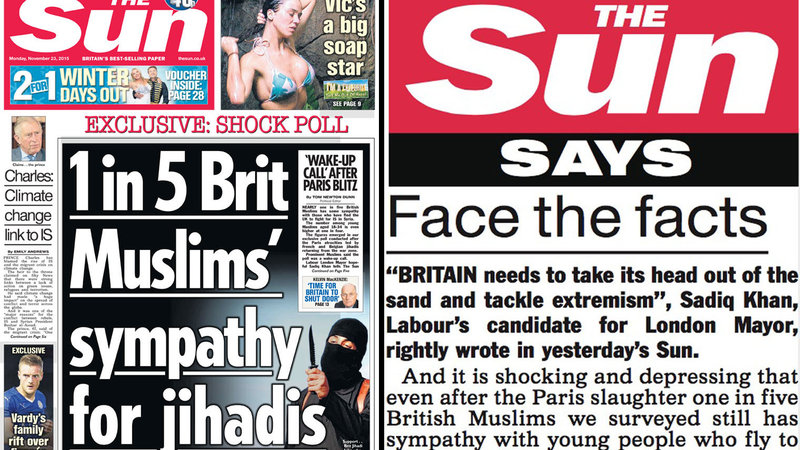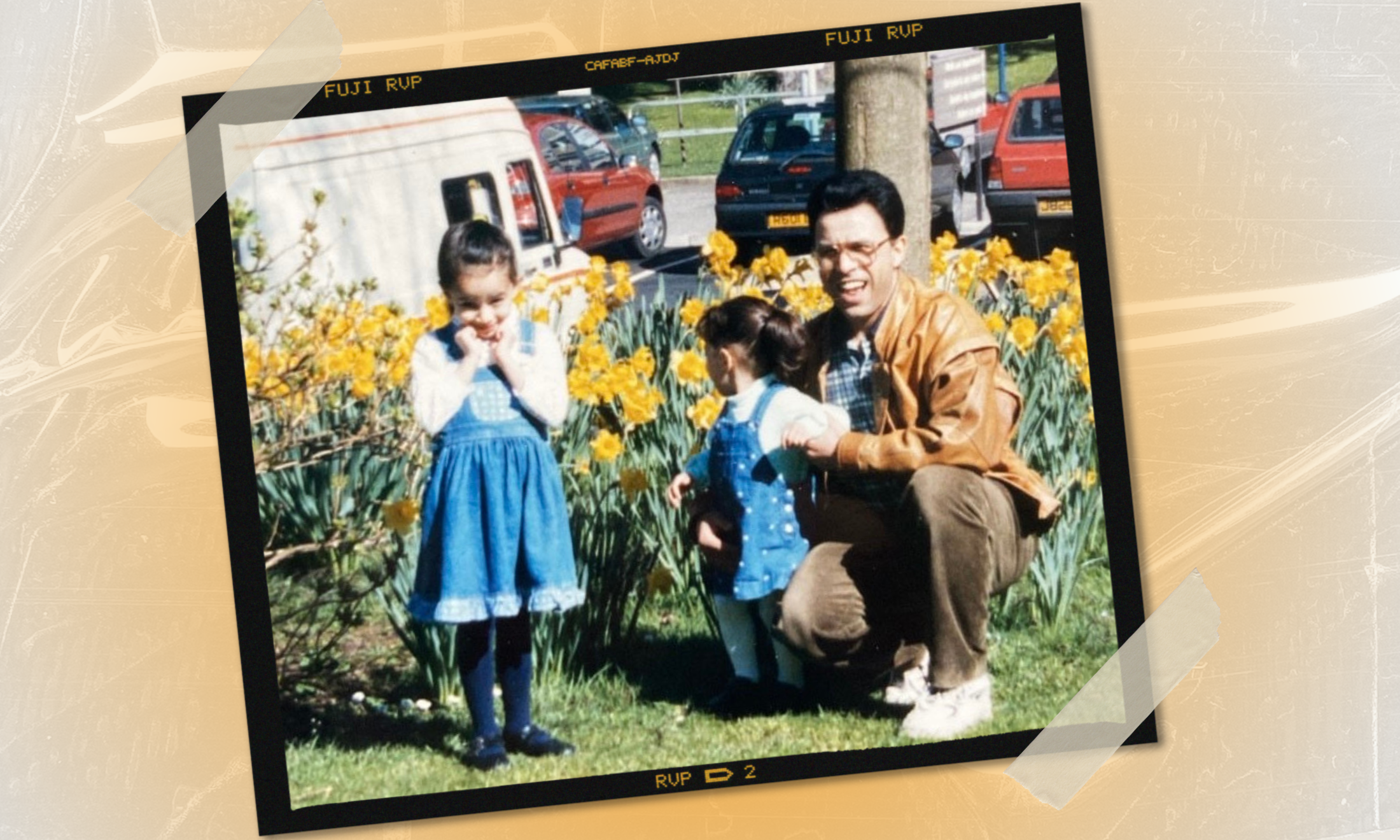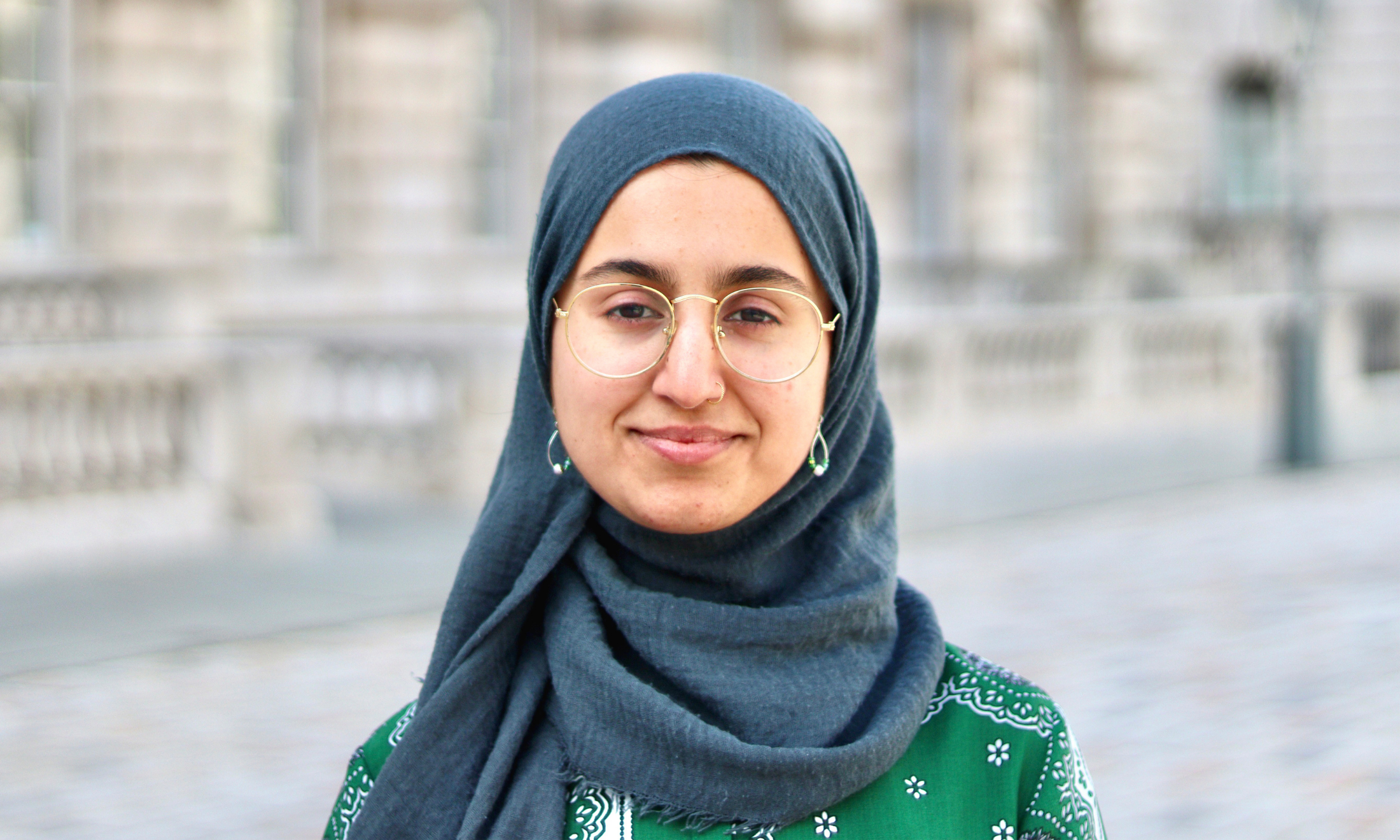
Last week’s horrifying events in Paris left the world in shock. Daesh (ISIS) made its mark on the capital of France and left behind immense sorrow and anger. However, testimonies by the French people have made it clear that they will stand in unity and fight against this evil power. It’s just a shame that, as part of this fight, Islam has been given a similar label.
After the violence on Friday 13 November, there were a number of racially-motivated attacks which left many cities around the world in a state of uncertainty, along with an alarming level of tension. Many Muslims were asked to justify their beliefs and make clear distinctions between their relative faith and the monstrous ideals of Daesh. In fact, just a few days ago, MP Sadiq Khan called for Muslims in Britain to “stop burying their heads in the sand” and get together to tackle the problem of extremism. While I inherently agree with this, what concerns me is the burden that British, and all Western, Muslims are forced to bear on the account of a horrific organisation which is tarnishing the peaceful face of our religion.
The mere fact that many are calling for Muslims to do more comes with the implication that we haven’t done enough. Quite the contrary. Soon after the Paris attacks, the Islamic Council of Britain released an advert condemning the attacks, stating: “With one voice, British Muslims condemn the Paris attacks unreservedly.” The Council, along with over 300 of its affiliates, ranging from Sunni to Shi’a groups, banded together to denounce the individuals who partook in the massacre. So, with this kind of response from the British Muslim community, why are we still being asked to apologise on behalf of others who do not represent us? This is where I believe the humanity starts to unwind. As the media point the finger at the figure of the ‘other’, we lose the meaning of what it is to unite during times of crises, reinforcing the vicious cycle of hatred and violence, based along racial and religious lines.
It can be argued that the aforementioned cycle partly stems from the attitudes surrounding Islam, which is both surprising and yet disappointing. Despite the fact that we, as individuals, have been exposed to religion our entire lives, there are so many people who appear to have misconstrued the true meaning of it. With resources such as literature and the internet aiding our knowledge, we should all have some level of understanding. However, this concept of research disappears when Islam is mentioned, almost as if some of us suddenly start listening to the Sun and the Daily Mail as the fount of all Islamic knowledge. Speaking of the former, just yesterday their headline espoused that one in five British Muslims sympathised with the ‘jihadis’. Though, if you took a few extra minutes to do the research, you would then find a counter article written by the Independent, which took apart the research methods used by the Sun.
“There are so many people who appear to have misconstrued the true meaning of Islam.”
Despite this, the need to double check news, particularly regarding Islam, only reinforces the general – sadly negative – opinion of the religion by handing the public a divided view of it, as well as delegitimising one of the oldest religions in the world. This then leads to yet more anti-Islamic sentiment. The media has a duty to the people to publish unbiased and impartial news and to not engage in fear-mongering for the sake of newspaper sales and website hits. Once again, this creates the notion of the ‘other’, something people have believed in to such an extent that there has been an increase of over 300 percent in racially-motivated attacks in London, since Friday 13 November.
The other day, I found out that my mother has become part of that statistic. Thankfully the incident wasn’t violent, but still significant enough to make her feel uncomfortable – the first time she has felt so in her 11 years of wearing a headscarf.
While she was on her way home, a twenty-minute train journey towards Essex, she was greeted with more than a mutual sense of indifference – the custom in London. Instead, she was vilified by a fellow passenger through angry glares, as if she was responsible for the exponential growth and actions of Daesh. The glares were a result of the media’s miseducation of the public about Islam and the many years, especially since the 9/11 attacks, of anti-Islamic sentiment. Both, tragedies in their own right, allowed her to feel like she didn’t belong – in a country she has called home for well over two decades.
“My mother was vilified by a fellow passenger through angry glares.”
And so, on behalf of my mum at least, I will stand up and say that I am not a terrorist. I refuse to be labelled as such by the media and I refute the claim that Muslims need to do more to quell Daesh. The tragedies occurring every single day in Iraq and Syria go beyond religious boundaries; they are humanitarian crises. I deplore and am disgusted by the actions of Daesh. All around the world they have created havoc and led the way for destruction and untold sorrow. Their attempts to tarnish all Muslims with the brush they use seeks to divide us from the rest of the world: from spurring random hate crimes, to feeling the pressure to apologise for an ideology that bears no resemblance to Islam. How we should combat them, therefore, is through a constant sign of international unity against Daesh; an impenetrable show of solidarity will ruin their reign of terror.









